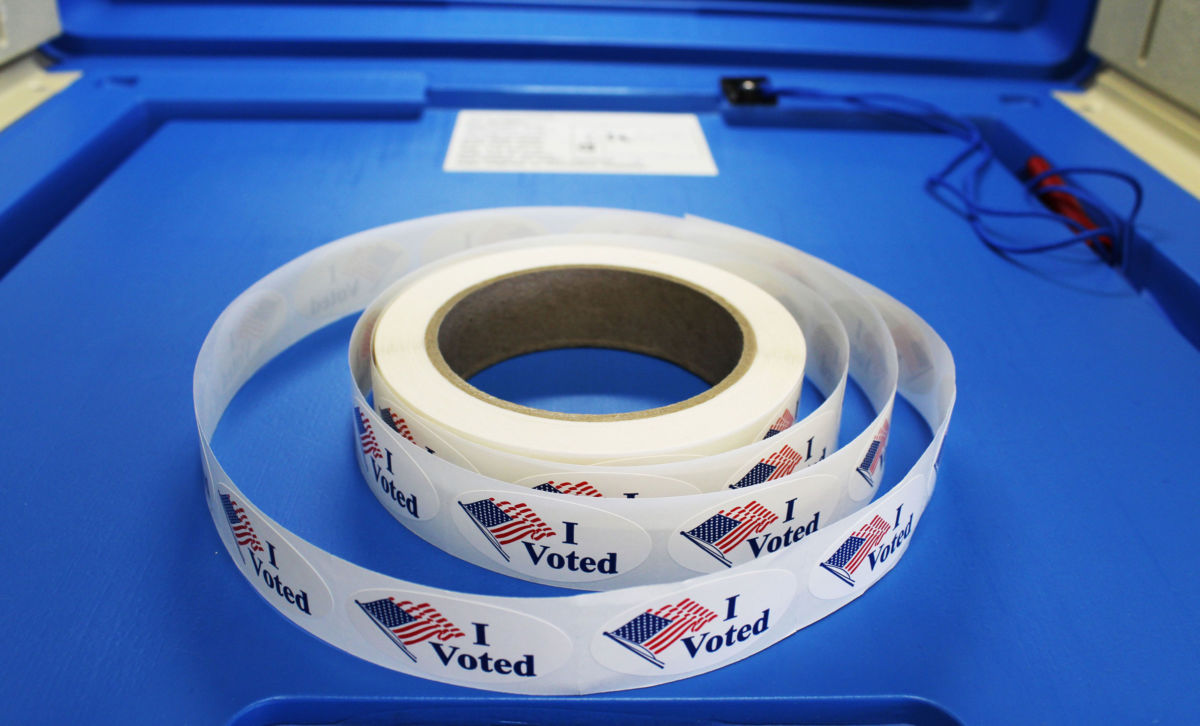The 2020 Democratic primaries are upon us now that Elizabeth Warren, Obama administration alum Julian Castro and Tulsi Gabbard have announced. And there are rumors that Kristen Gillibrand is also a likely contender, among others.
It looks like it’s going to be the year of the woman, but it’s also going to be a very different election than 2016 — especially because Democrats have made some changes to the way their run their primaries. Here’s what you need to know about those changes and how they might influence the shape of the election.
California, Texas and a number of other states are switching up their primary schedules, holding these elections much earlier in the year. This could dramatically change the game for candidates hoping to stick it out through the early stages of the primaries. Now they’ll need to spend more money on political advertising and make more trips to big-ticket states like California. And that means those states will play a more active role in selecting the 2020 Democratic ticket.
Speaking of schedules, the debate schedule is also being adjusted to accommodate what many suspect will be a very large field of Democratic candidates. There will be 12 primary debates, starting in June of this year. These debates will be broken into two blocks running back to back on different nights to give candidates an opportunity to be heard — and ensure voters don’t have to sit through a six-hour debate. Democrats will randomly select the candidates for each block, mixing it up each time.
They’ll also be cutting down on caucuses, an extremely undemocratic method of narrowing the candidate field. Switching to a primary will allow people to vote on their own schedules and in privacy, rather than in a room full of screaming people. Intimidation in the 2016 caucuses was a recurring theme.
And if you live in an open primary state, be warned: Some states are thinking about closing primaries in 2020 — so if you want to play a role in selecting the Democratic candidate, you should register as a Democrat sooner rather than later.
Similarly, candidates who want to run on the Democratic ticket are required to actually be Democrats in 2020.
While the much-hated superdelegates haven’t been eliminated for 2020, Democrats have chosen to put some checks on their power. They won’t be allowed to vote on the first ballot at the convention unless a candidate has received enough pledged delegates to take the nomination. They’ll continue to be able to assist with campaigns during the primary process, and their role as voters on later ballots at the convention could still prove extremely influential if there’s a close nomination fight.
Many of the reforms Democrats have instituted are designed to increase transparency and make the primary process, well, more democratic. Critics have long argued that the way both parties select candidates in the United States is one that tends to unfairly favor political power and influence, cutting some people out of the conversation before it even begins.
Republicans, meanwhile, are facing their worst nightmare: A growing likelihood that a sitting president will face multiple opponents of his own party in the primaries.
Join us in defending the truth before it’s too late
The future of independent journalism is uncertain, and the consequences of losing it are too grave to ignore. To ensure Truthout remains safe, strong, and free, we need to raise $46,000 in the next 7 days. Every dollar raised goes directly toward the costs of producing news you can trust.
Please give what you can — because by supporting us with a tax-deductible donation, you’re not just preserving a source of news, you’re helping to safeguard what’s left of our democracy.
